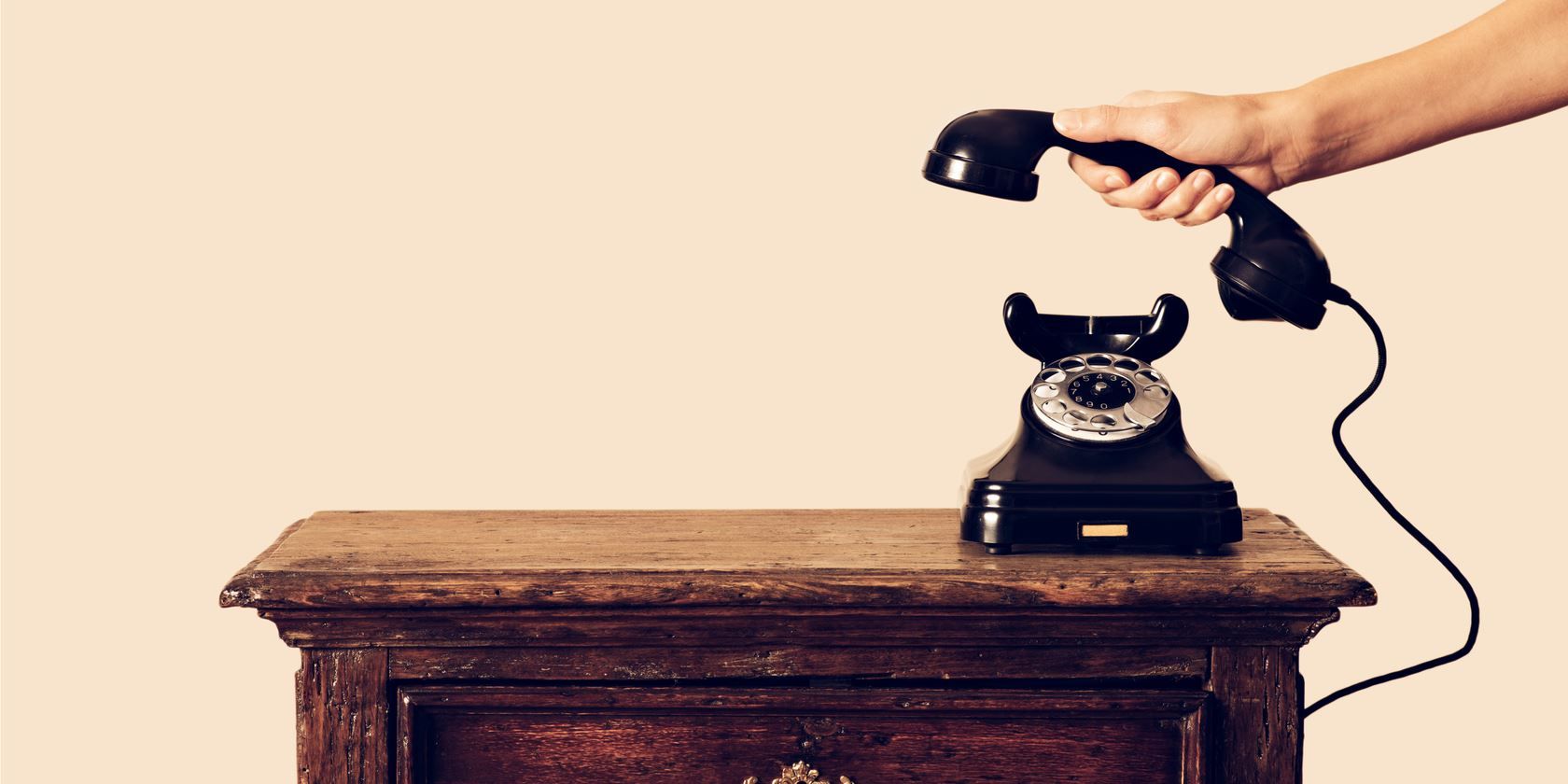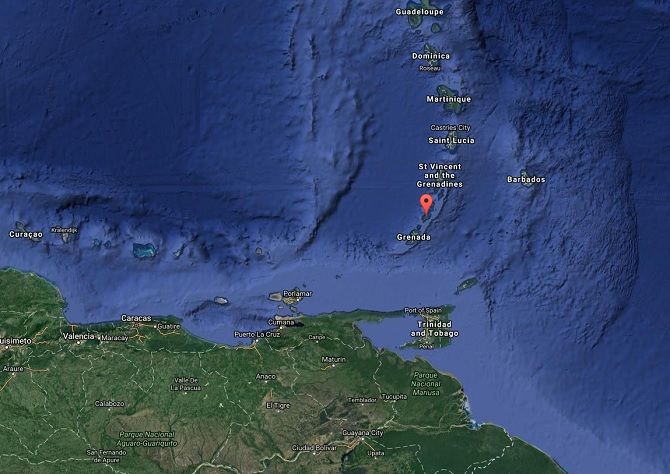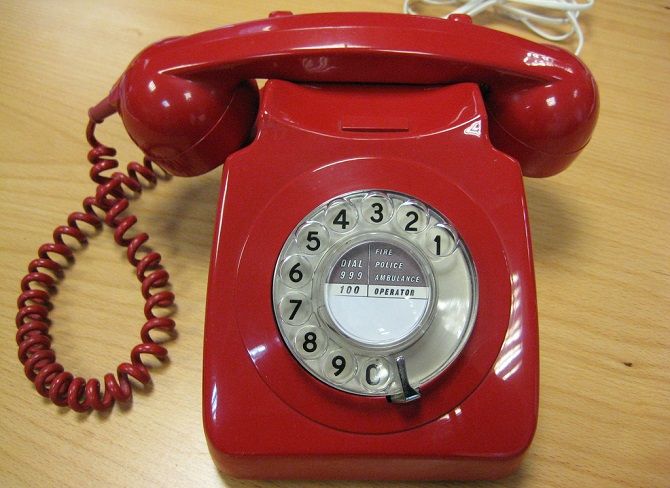You've likely heard a few reports about a new phone scam that can result in you losing a serious amount of cash. You could've passed this off -- after all, there's always some sort of scheme used by criminals to target everyday folk.
Alternatively, you might be worried, especially if you've elderly relatives or friends who might easily fall prey to it.
So what is the so-called 473 scam? Should you be concerned? And what can you do to make sure no one you love becomes a victim?
What Exactly Is the 473 Scam?
The vast majority of phones have caller ID, and criminals have a hard time of it, poor things, because you're less likely to answer or call back numbers you don't recognize. The idea behind this fraudulent activity, however, is to trick you into thinking it's a local call, so you'll pick up in case it is someone you know.
That's why they use the area code 473, hence the colloquial term given to the scam, which looks like a domestic and familiar number for Americans.
Actually, 473 is the area code for Grenada, Carriacou, and Petite Martinique, islands south of America, located near Venezuela. These operate using the USA's international dialing code +1. As such, criminals aren't confined solely to 473. Here are some more +1 codes used by scammers, and where they originate:
- 242 -- Bahamas
- 246 -- Barbados
- 264 -- Anguilla
- 268 -- Antigua
- 284 -- British Virgin Islands
- 345 -- Cayman Islands
- 441 -- Bermuda
- 649 -- Turks and Caicos
- 664 -- Montserrat
- 721 -- Sint Maarten
- 758 -- Lucia
- 767 -- Dominica
- 784 -- Vincent and Grenadines
- 809, 829, 849 -- Dominican Republic
- 868 -- Trinidad and Tobago
- 869 -- Kitts and Nevis
- 876 -- Jamaica
Since around 2014, the main cause for concern's been 284, 473, 649, 809, and 876. It's quite a list of numbers to be skeptical of, and that's without further factoring in criminals using Canadian area codes, hoping your call plan doesn't include these.
What Does the Scam Entail?
The hoax is also known as the "one ring scam", and that's because criminals will generally let your phone go off for one ring only, enticing you to call back. It's especially unsettling if it happens in the middle of the night, leading you to think there's something desperately wrong. It could also be repetitive in order to frustrate you into telling them to stop.
Of course, there are plenty of variations. If you answer the phone, they might immediately ring off. Worse still is when fraudsters use an auto dialer which then plays a very distressing message: typically, this is a cry for help, someone pleading for assistance, or the sounds of a fight. You might think this is someone you know in trouble, or a stranger calling you by accident.
You could instead receive a text message, again purporting to be sent to the wrong number but nonetheless in need of help. (An emotional response is vital for the scammers, so you're still more likely to get a call than an SMS.)
Whatever the case, you'll feel compelled to ring back, and that's exactly the point.
You'll be calling back a premium number. Currently, phoning an international code will result in an automatic $19.95 fee, then $9 a minute after that (unless it's a particularly nasty scheme which instead charges $20 every single minute). That's one hefty bill. You'll also be charged inflated rates for texting the scammers back, even with a simple "Who is this?" or "Please stop contacting me."
What Can You Do About It?
It's very simple: don't answer the phone and don't return the call! That can take some perseverance if the fraudsters are repeatedly trying your number, or if you've answered and heard signs of distress.
Naturally, there's the small chance it is someone you know, but in that case, they'll leave a voicemail or a text.
The important thing is to keep a level head, even if you've listened to a message in which someone seems to be in trouble. And that really can be upsetting. Your mind will instantly flick through scary possibilities, forcing you to consider whether someone you know is hurt. Even if it's someone you don't know, how can you leave them in dire straits?
But it's highly unlikely that, with a phone in their hand, they'd call a stranger. Why would they? They'd immediately call the emergency services.
If the same number is really bugging you, consider blocking it -- after checking with everyone you know that they've not changed their phone!
Wait, This All Sounds Familiar...
Well, yes, it would do. There's always some sort of phone scam doing the rounds, but this one is an eerie constant.
It used to be known as the 900 scam, due to that area code being used, but once everyone realized they should ignore it, scammers changed to other premium numbers, notably 809, which was the code for the Caribbean Islands but is currently the Dominican Republic. In fact, you should still be wary of calls through a 809 number. Heck, there was even a time when scammers would send such messages to pagers.
This is merely the latest variation on the theme, and has been around for a few years -- at least since 2014. It'll evolve again, but for now, remember: don't answer calls from the area code 473.
Have you ever received a scam call like this? Are there any further numbers to be wary of?
Image Credit: Alextypevia Shutterstock.com



